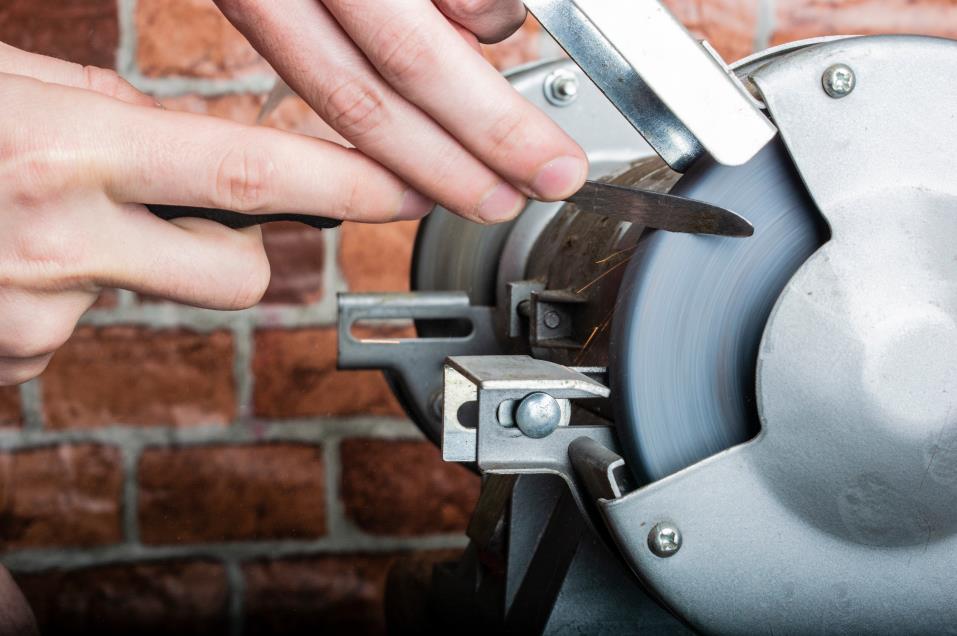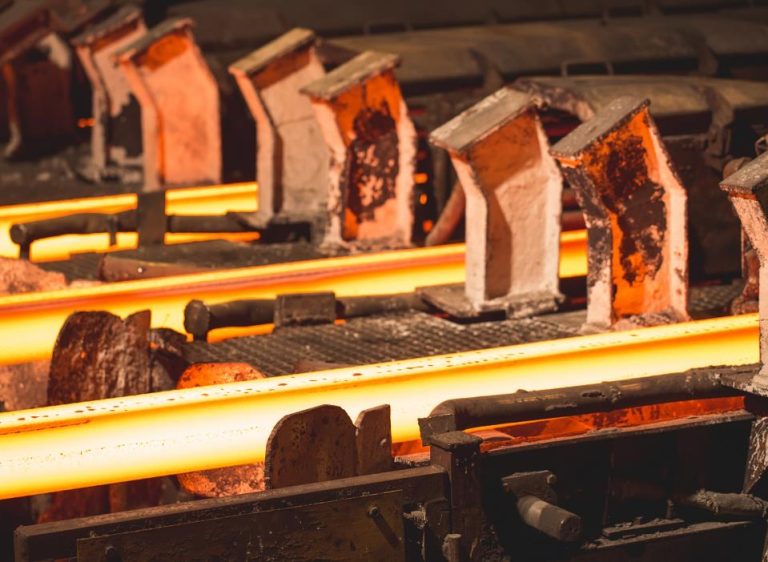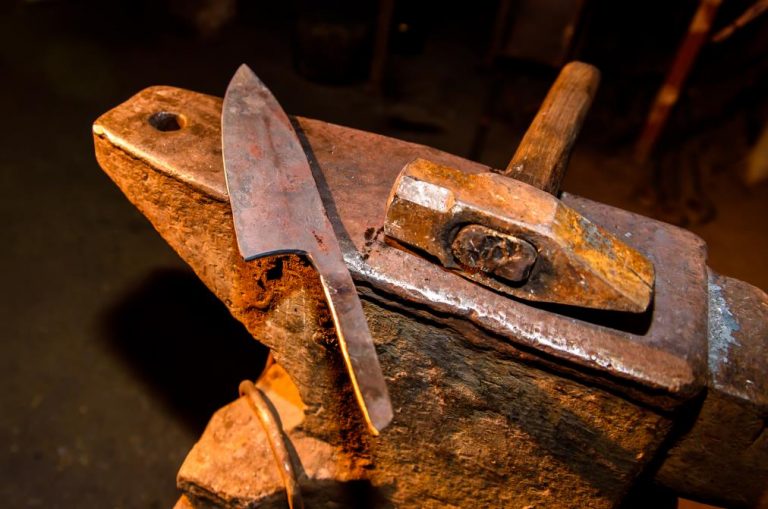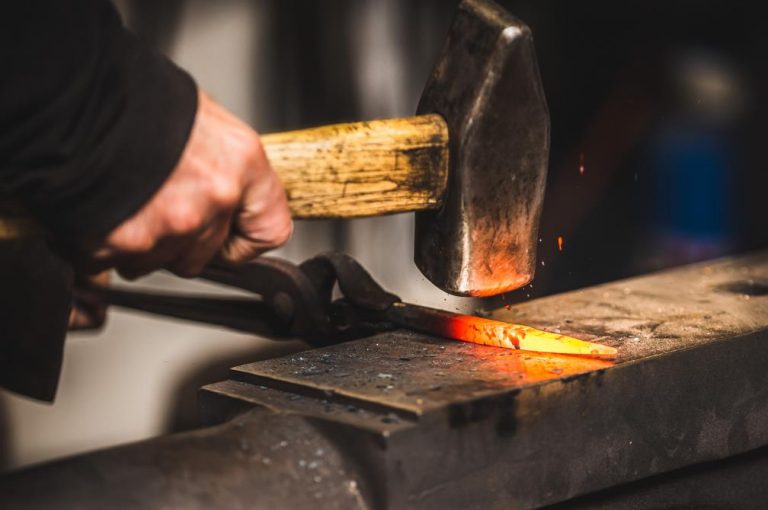CTS-BD1 is a vacuum-melted, entry-level stainless steel from Carpenter Technology, an American steel manufacturer. It’s one of Carpenter’s specialty alloys designed for making knife blades.
Many knife brands use CTS-BD1 in their products. Spyderco, Kershaw, and Kizer are just a few with a wide selection. BD1’s moderate price range attracts more and more companies everyday. You can find CTS-BD1 knives sell for $60 to $150.
There’s also a nitrogen-added version of this steel, CTS-BD1N. Knifemakers highly favor this variety of BD1. In fact, they use it more than the BD1 itself. CTS-BD1 and BD1N steels can make a good knife blade depending on the user preferences. It’s up to knife stores to determine if it’s a good choice for their product lineup.
In this article, we’ll review CTS-BD1 steel to help knife store owners and managers to make an informed choice. Continue reading to find out if the blades made from CTS-BD1 steel are a sensible investment to boost revenue.
CTS-BD1 steel composition
- Carbon (C): 0.90%
- Chromium (Cr): 15.75%
- Manganese (Mn): 060%
- Silicon (Si): 0.37%
- Molybdenum (Mo): 0.30%
- Vanadium (V): 0.10%
CTS–BD1 steel properties
The properties of any given steel are what determine its primary attributes. A highly wear-resistant steel holds an equally sharp edge, for example. Here are the properties of CTS-BD1 steel to give an idea of what kind of knives it makes.
Hardness
CTS-BD1 is high-carbon stainless steel – barely. The carbon in its composition doesn’t exceed the 1.00% threshold in common steels for forging pocket knives.
Still, CTS-BD1 has an adequate hardness of 58 to 60 HRc. Knifemakers can heat treat this steel easily to reach its optimal hardness. The 58 to 60 Rockwell hardness range is promising, but its edge retention needs further investigation.
Buy Wholesale Knives and Start Scaling up with Us Today
Contact us and connect with a sales rep to get a free quote.
Edge retention
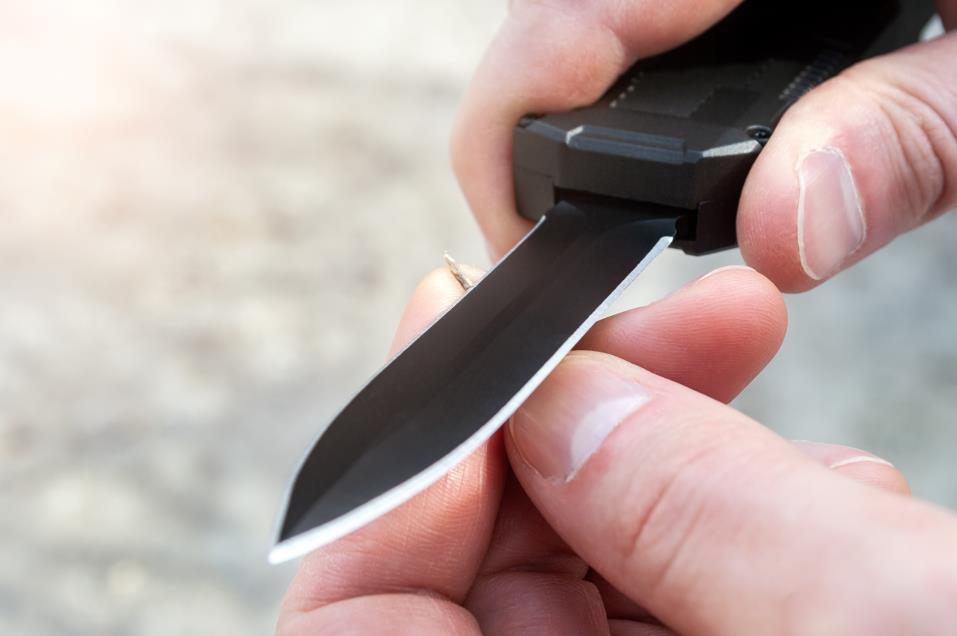
Edge retention is what most users base around on their decisions. In this regard, CTS-BD1 has mid-range edge retention comparable to 8Cr13MoV and 440C but well below VG-10 and 154CM. It falls below many premium steels, especially those with hard vanadium carbides.
CTS-BD1 won’t be enough for users looking for a work blade to use for hours on end. Knives made from them are more fitting for users looking for EDC knives to use occasionally.
Wear resistance
As you can expect, CTS-BD1 isn’t a highly wear-resistant steel, but it isn’t too bad either. Although Carpenter developed it as a knife steel, CTS-BD1 is also used for making small machinery parts and ball bearings. It can withstand high wear conditions but requires more replacement than tool steels.
These translate to a mid-range wear resistance concerning knives. Under high wear uses, CTS-BD1 blades will pick up scratches and require polishing more often.
Toughness
CTS-BD1 has decent toughness. The manganese in its composition reduces brittleness and improves strength. These help CTS-BD1 steel achieve resilience against chipping.
Users can employ BD1 knives for hardy tasks, but it doesn’t hold well to impact cutting. As long as the knife is used for its purpose, chipping and other damages shouldn’t be a worry. Cutting ropes or small wood pieces with a CTS-BD1 EDC knife won’t cause chips. If the knife undergoes constant heavy-duty use, however, CTS-BD1 might disappoint.
Corrosion resistance
CTS-BD1 is stainless steel. It has more than enough chromium in its composition relative to its carbon content. CTS-BD1 holds well to acidic substances, fresh water, ammonia, and steam. For daily tasks, corrosion isn’t a problem with CTS-BD1 blades.
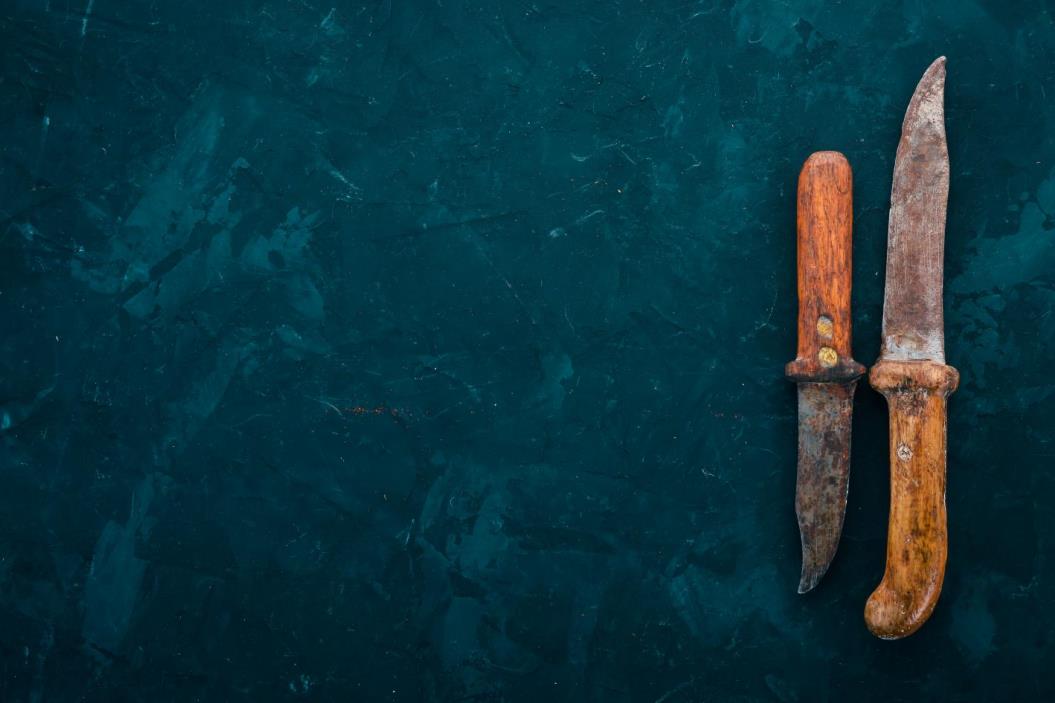
However, heat treatment plays a crucial role in achieving optimum corrosion resistance. Carpenter Technology recommends tempering CTS-BD1 below 800ºF. It’s important to get CTS-BD1 blades from reputable knifemakers to ensure corrosion resistance isn’t negatively impacted by poor heat treatment techniques.
CTS-BD1 steel can’t hold a sharp cutting edge for prolonged periods, but it makes up for it with easy sharpening. With standard sharpening equipment, BD1 steel is easy to sharpen. It won’t take a long while or abrasive sharpening tools like diamond stones to give CTS-BD1 blades a refined edge.
The good toughness of CTS-BD1 steel allows users to resharpen their knives at an acute angle without significant drops in durability. Advise your customers to sharpen their knives at an acute angle to improve edge retention. This can make CTS-BD1 steel blades more attractive to customers looking for extended sharpness.
CTS-BD1 steel comparisons
There are several alternatives to CTS-BD1, including other American steel made by Carpenter and other steel manufacturers. Here are the best substitutes and alternatives for CTS-BD1 and how it compares to them.
CTS BD1 vs. CTS-XHP steel
CTS-XHP is also another steel from Carpenter. It’s a powder metallurgy steel, unlike BD1. XHP can be considered a premium steel with high wear resistance. Naturally, it holds a sharp edge for much longer than BD1.
Despite the superior edge retention over CTS-BD1, XHP is equally easy to sharpen. It’s also much tougher. XHP resists impacts and heavy-duty cutting tasks better. Countless pocket knives are made from CTS-XHP, but the cost is higher. While BD1 blades cost $80 to $150, the maximum is the bare minimum for XHP steel knives.
CTS BD1 vs. CTS-BD1N
CTS-BD1N is the nitrogen-added BD1. The addition of nitrogen to its composition increases its hardness. CTS-BD1N can be hardened up to 63 HRc. With the increased hardness, BD1N becomes more wear-resistant.
This improvement in wear resistance happens without much drop in toughness. Despite being hardened up to 63 HRc, CTS-BD1N and BD1 have similar toughness. Edge rolling or chips aren’t a problem with CTS-BD1N knives.
Other than these, corrosion resistance and sharpening difficulty are the same. The price points are also not much different. You can find BD1N knives at a similar price range as their BD1 counterparts.
CTS BD1 vs. 8Cr13MoV
Spyderco, Kershaw, and many other well-known knifemakers use 8Cr13MoV as an equivalent to CTS-BD1.
8Cr13MoV has similar chemical composition and properties. CTS-BD1 has better sharpness and edge retention than 8Cr13MoV, but only by a small margin. Users won’t notice much of a difference.
Despite being equivalent to each other, 8Cr13MoV is more widely available, making it an affordable alternative. It won’t be a surprise to get 8Cr13MoV knives for half the price.
Buy Wholesale Knives and Start Scaling up with Us Today
Contact us and connect with a sales rep to get a free quote.
Is CTS-BD1 steel a good choice for knife stores?
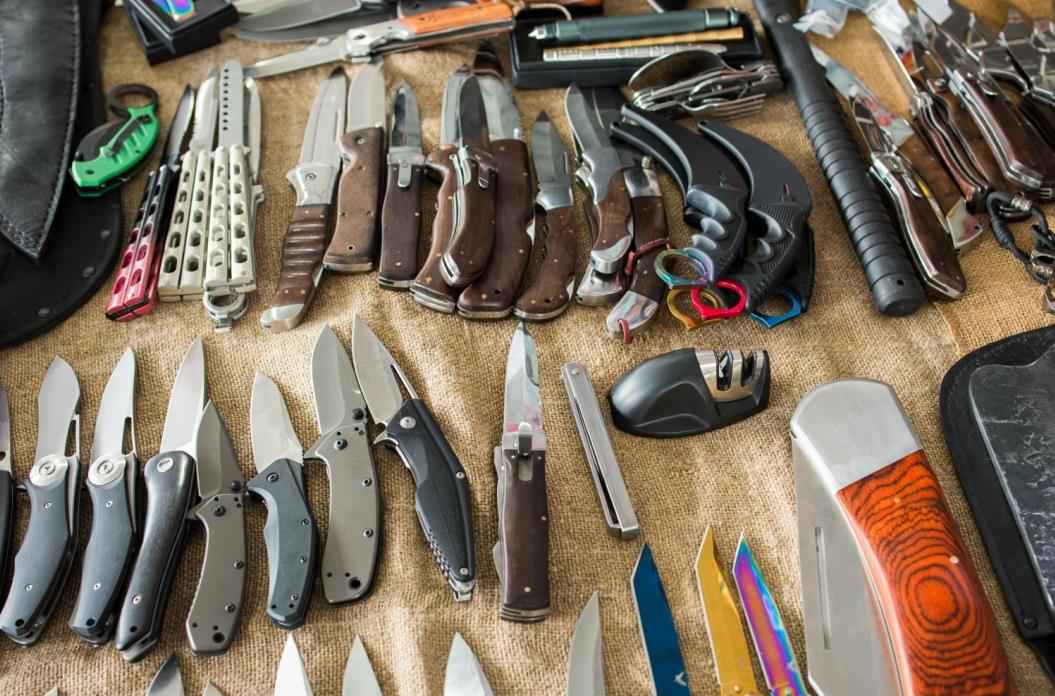
CTS-BD1 is an entry-level steel that has the potential to satisfy daily users. It doesn’t make a good work blade where it gets abused for hours, but it’s good enough to be an everyday carry.
CTS-BD1 knives hold a sharp edge for adequate periods for EDC purposes, and their rust resistance and toughness don’t disappoint. Overall, CTS-BD1 is a good investment and an excellent all-rounder steel for recreational users.
One important consideration is that CTS-BD1 is American-made steel. For this reason, the price of CTS-BD1 can be costly for your business. If that’s the case, look for 8Cr13MoV alternatives. They will provide the same value, while being much more affordable.
Source knives from us
LeeKnives is a prominent knife manufacturer in the knife capital of China, Yangjiang City. We are the primary supplier of countless North American and European knife stores.
LeeKnives can help you customize products through our OEM and private label services, along with wholesale knives and accessories. Contact us with your sourcing needs, and we’ll get back with a free quote ASAP. Click here to request a quote.
